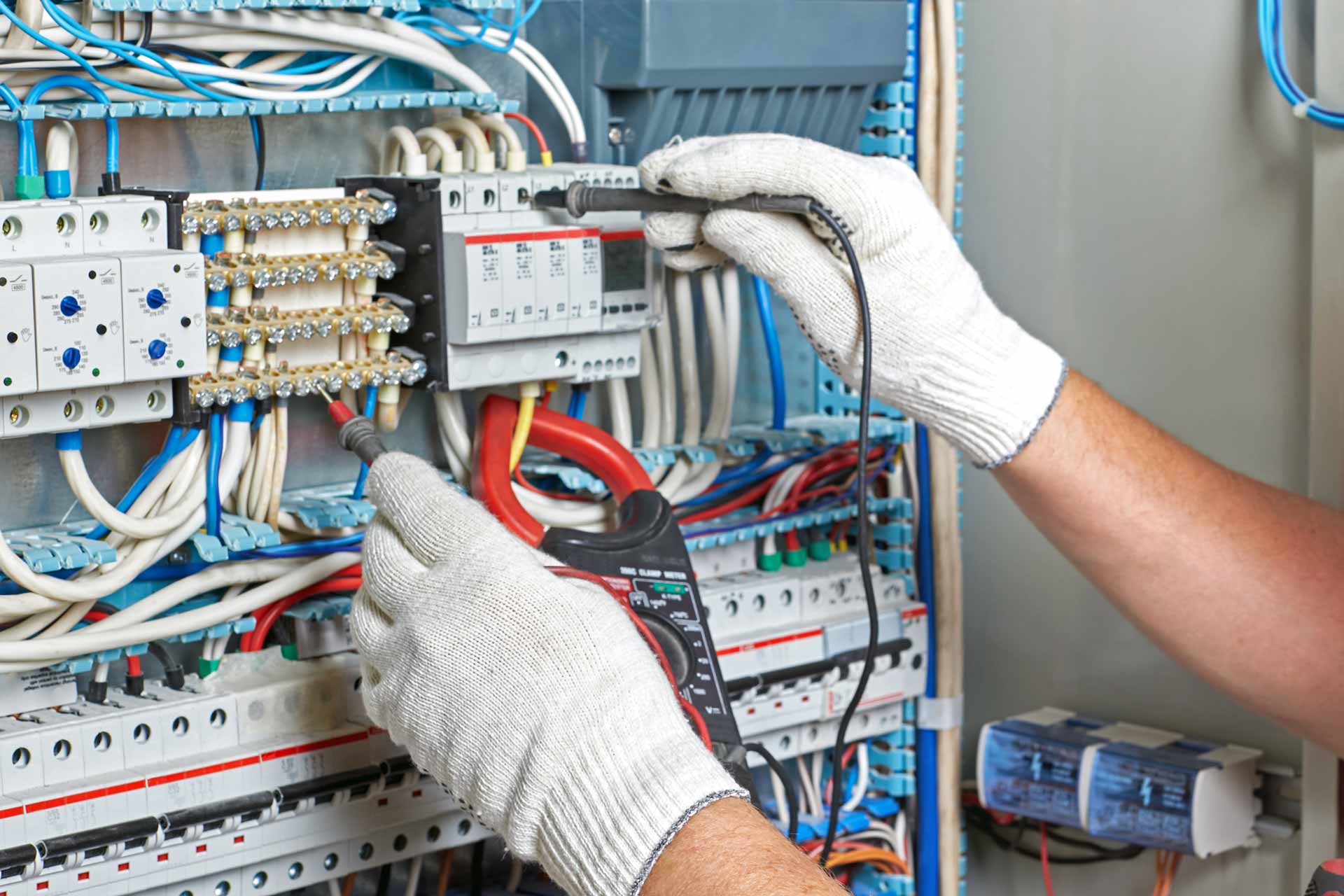Inspections of Electrical Installations - Declaration of Licensed Electrician (YDE)

According to Greek legislation and in order to ensure and maintain the reliability and safety of Electrical Installations, initial and periodical inspections shall be conducted. The inspections must be carried out taking into consideration the technical requirements of legislation of the period that the electrical installation or parts of it were constructed and energized, as well as other safety related requirements.
An electrical installation may be or become hazardous without the implementation of a systematic and periodic inspection program. On the contrary, with the implementation of initial and periodical inspections by competent and qualified personnel, the safety and quality of installations can be drastically enhanced. Periodic auditing and testing of installations and equipment is an essential and valuable tool for the protection of people and property from the dangers of electricity, as any dangerous omissions, malfunctions or damages, are identified in time.
Design, installation and inspection of new electrical facilities, as well as modifications or extensions to existing electrical installations, are carried out in accordance with the requirements of the ELOT 60364 standard. This standard includes all the rules and guidelines that shall be applied, during engineering study, design, construction, erection, inspection and maintenance of electrical installations, with nominal voltage up to 1000V AC and 1500V DC, in order to avoid at a satisfactory level hazardous conditions for humans, pets, products and buildings.
Regarding existing electrical installations or parts of them, the safety and proper operation requirements, during their intended and reasonably foreseeable use are satisfied if they are documented to comply with the technical requirements of the legislation in force at the time of their construction.
Initial inspection shall be carried out before each installation’s first electrification, or after any major modification.
Periodical inspections shall be carried out at intervals considering the type of each installation. Electrical installations, depending on the operating areas of the facilities, are divided into 3 basic categories, A, B and C. Each one of these categories includes a set of numbered operating areas and determines the maximum interval until the next periodical inspection.
The main categories of installations are listed below:
Category A: Electrical installations in residentials and similar areas - periodical inspection at least within 10 years
Category B: Electrical installations in business premises and offices - periodical inspection at least within 5 years
Category C: Electrical installations in entertainment and public gathering areas and outdoor professional installations – periodical inspection at least within 2 years
Industrial Safety Department of Ergonomia consists of an independent and specialized Electrical Safety Sector which is staffed by experienced electrical engineers with the appropriate licenses to conduct:
- Implementation of inspections and required measurements, according to legislation and the applicable standards (ELOT 60364, ELOT HD384 or KEHE)
- Technical report of the findings and non-conformities, accompanied with the required corrective measures.
- Preparation of a complete ‘’Declaration of Licensed Electrician’’ Technical File, with all the accompanied documentation:
- Installation data
- Electrical Installation Data Registration
- Electrical installation Inspection Protocol
- Single-line Diagrams of electrical installation
- Single-line Diagrams of electrical panels
- Declaration of Licensed Electrician (YDE)
In addition, if it is required:
- Specialized Study regarding loads not protected with 30mA RCD, as per Article 1, par. 7 requirements of the P.D. FA’50/12081/642/2006(FEK 1222/B’05.09.2006), as it is issued according to P.D.130414/2019 (FEK 4825/B’24.12.2019)
- Filled Form for loads not protected with 30mA RCD
Ergonomia’s services are covered by a Professional Indemnity Insurance, complying with and exceeding the requirements of Greek legislation (Law 3844/2010 and P.D. 108/2013)

